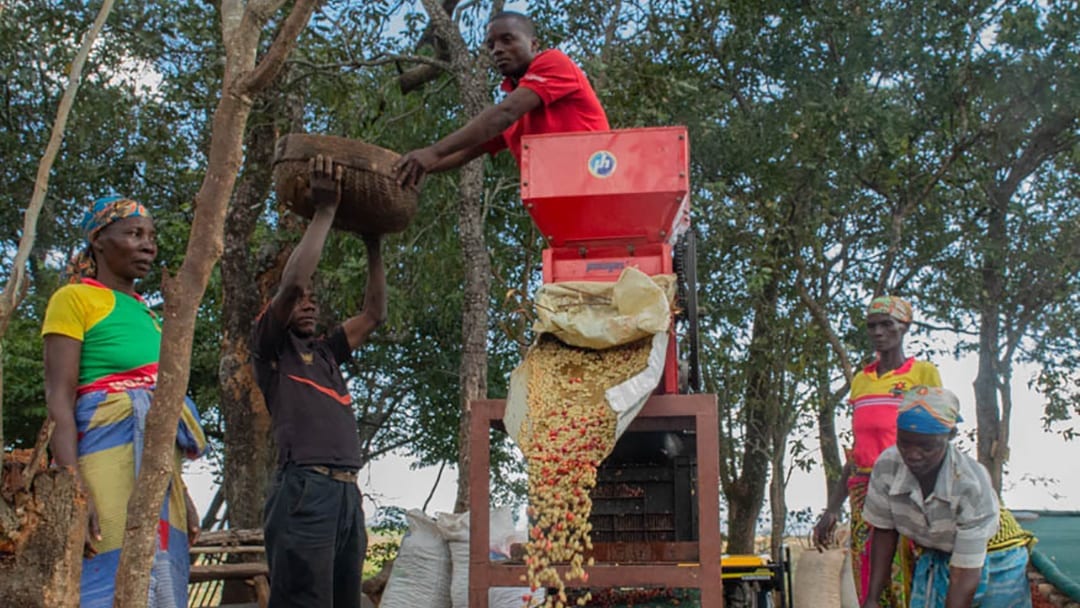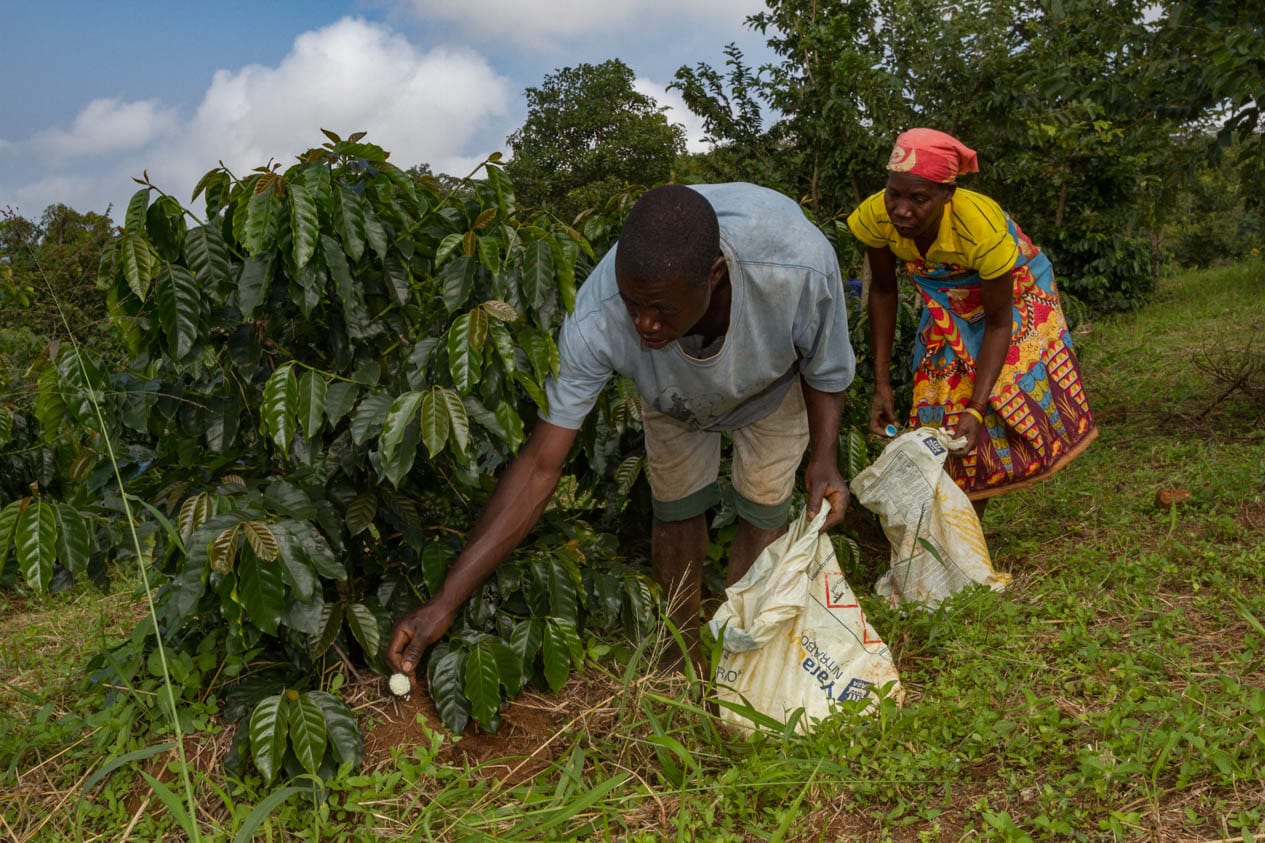CBNRM

Community-based Natural Resources Management (CBNRM) is considered a productive avenue to generate direct economic benefits for local communities in the Buffer Zone. The Gorongosa team has been engaged with various communities for some time to discuss options for natural resource-based businesses.
Sustainable forestry management, community-based ecotourism and game meat production are opportunities currently being investigated in detail.
Agro- forestry linkages between conservation and agriculture are also being considered. In certain areas, the formal demarcation of a form of ‘community conservancy’ is also being explored in association with the Mozambican Protected Areas Authority, ANAC.
The understanding and establishment of equitable governance structures for such CBNRM entities are critical, and need to be linked to existing natural resources committees on a Regulado level and a further decentralisation to a Sapanda or Fumo level (both traditional sub-structures down to a village level) is envisaged. The Gorongosa Project is now able to engage with the 16 existing Natural Resources Committees in the Buffer Zone to start initial steps of raising awareness about democratic governance and creating relevant structures to establish CBNRM initiatives.
Micro-entrepreneur Projects
During 2016, 20 community members from Nhambita, Nhanguo and Mucombezi attended training on small business management at the CEC. After the training, these new Community Animators received grocery products with which to start their micro entrepreneur businesses. In March, a review meeting was held with the beneficiaries of this ongoing entrepreneur project: of the 47 entrepreneurs, 38 still remained in business. It was decided to reduce the maintenance effort to see how many would remain in business without support.
Early in 2017, the programme focused its attention on harvesting and purchasing honey from 40 beekeepers, and the Gorongosa Project held its inaugural Honey Harvest. The honey was harvested from 30 hives in the small Miombo forest at the Community Education Centre. By the end of March, the programme had purchased over 400 kg of honey from members of local communities.
The majority of vegetables consumed in the CEC cafeteria (which serves on average 160 meals per day) and the Chitengo cafeteria, are now sourced from local farmers in Vinho and Nhambita.

Our Mission
Our Mission
Advance an integrated multi-partner approach to conservation and to people-centred development. The Gorongosa Project protects the Park’s biodiversity and ecosystem services and unlocks its economic potential for the community inhabitants of the Gorongosa Buffer Zone, Sofala Province, Mozambique and further afield.
Our Vision
A thriving, biodiversity-rich, Greater Gorongosa conservation landscape, which supports Sofala Province as an engine for resilient and sustainable development enabling nature experiences and wellbeing for its people, enriching all of Mozambique and the world.
A Park for Peace
On 1 August, 2019 a historic ceremony was held in Gorongosa to celebrate the Cessation of Hostilities Accord between the leaders of the Government of Mozambique and the opposition Renamo Party. The accord established Gorongosa National Park (GNP) as a ‘Park for Peace’, delivering human development to the communities that share the greater landscape.
Ethics and Compliance
The Ethics and Compliance e-mail is a reporting mechanism that facilitates reporting of possible illegal, unethical, or improper conduct from staff, suppliers and stakeholders. The e-mail is Ethics@gorongosa.net